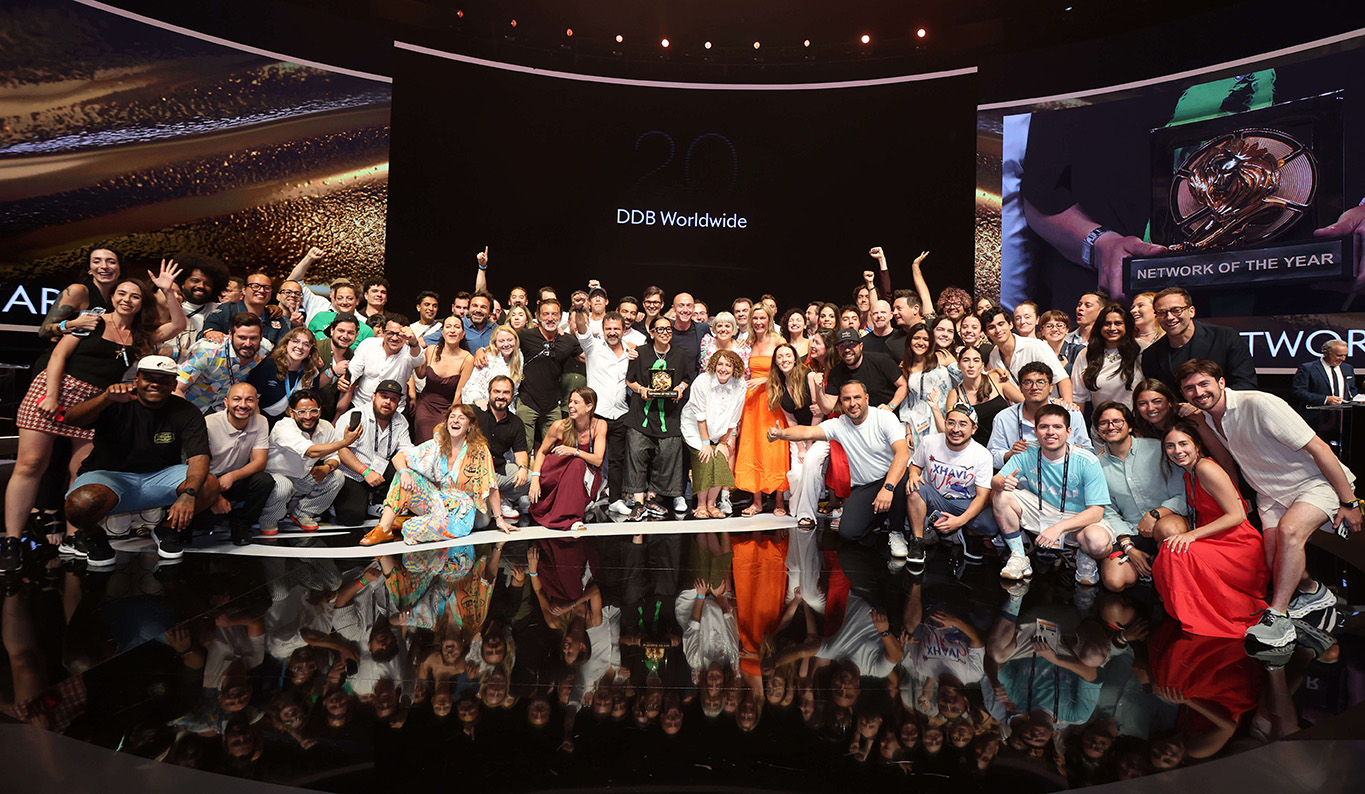Paul Catmur: Is DDB Dead, Done and Buried? The view from New York and Ponsonby

By Paul Catmur, former executive creative director at DDB New Zealand
Advertising loves a good crisis, and this week’s is seismic: the reported demise of one of the industry’s most respected agencies, DDB. Across the world, ad people are shocked about the potential loss of an agency co-founded in 1949 by Bill Bernbach — probably the greatest thinker advertising has ever seen (I anticipate some may be surprised to hear that it had any).
DDB NZ also produced arguably New Zealand’s most successful adman, Australian Marty O’Halloran. Marty went from being a suit on McDonald’s in Auckland to becoming Global CEO based in New York, retiring from that position at the end of 2023.
Before looking at the implications, I should probably bore you with some initials and corporate background. DDB is part of holding group Omnicom, which also owns sister agencies BBDO and TBWA. Omnicom, based in New York, is currently seeking regulatory approval for the acquisition of the smaller holding company Interpublic, which owns both McCann and FCB.
Still with me?
Reports suggest that one of the possible fallouts from this impending takeover would be the potential loss of the DDB brand. To outsiders this might seem a curious move, as DDB is profitable, well regarded creatively, and to many people, their second-favourite agency. So why is it being picked on? Personally, I spent six years working at DDB NZ and was very proud to do so.
I think it’s useful to look at this situation from a couple of angles: a shareholder in New York, and a DDB employee in New Zealand.
The shareholder in New York
There’s no point in the Omnicom–Interpublic deal unless it can demonstrate financial benefits to shareholders. To put it crudely, Omnicom needs to show Wall Street how the acquisition will help it make more money. The rationale is that economies of scale can be achieved by combining the networks. For example, you’d only need one set of holding-company staff in New York to run the networks, and there would likely be redundancies all the way up the corporate ladder. Some turkeys may have already voted for their Christmas.
Within their advertising networks, Omnicom needs to rationalise its offerings. BBDO, DDB and TBWA are, within the advertising pantheon, relatively similar: all large, profitable, creatively impressive agencies. As these three are more similar than they are different, losing one makes sense on a spreadsheet. Ideally, clients won’t be too displeased at being eased from one Omnicom offering to another, though in practice there would likely be some fallout.
The bigger question is why retire DDB — one of the most respected ad agencies there has ever been?
Firstly, BBDO is the largest of the three and, for that reason alone, probably considered safe. Secondly, it’s worth noting the influence of Troy Ruhanen, who leads Omnicom’s entire advertising division and would have had a big say in this decision. As well as starting his career at BBDO in Australia, Troy was also previously CEO of TBWA. In this light, for the finger of death to have settled on DDB is perhaps more understandable. Bear in mind that there may also be closures on the Interpublic side of the deal.
The employee in Ponsonby
Should DDB’s demise indeed eventuate, it’s not as if everyone who works there will lose their job. There would undoubtedly be some redundancies, but it’s likely that many would be offered similar roles at whichever agency DDB is folded into.
Although working in advertising is often more fun than many other jobs, it’s also considerably more precarious. At any time, your mortgage payments can be in danger because somebody in New York is playing roulette with your livelihood. The late David Walden, previously CEO of TBWA NZ, believed that advertising people should be paid an extra percentage of their salary to reflect the constant possibility of being fired. The young have plenty of time to bounce back; for the older, it’s harder. My father worked in advertising in London, lost his job in his fifties, and never really worked again.
While shuffling agencies might look nice and clean on a spreadsheet in New York, the local reality is much messier, and I certainly don’t envy Nick Garrett, the recently appointed CEO of Omnicom Australia and New Zealand, whose responsibility this would be. If it goes ahead, there will be tears — and there will be blood.
Of course, there’s a possibility that the outcry in ad-land over DDB’s death might cause Omnicom to change its mind. So far, its only response on the matter has been to say that it’s “still evaluating.” However hard we might bang on the table in Ponsonby, it’s unlikely that anyone in New York will notice.
View Paul Catmur’s work on Best Ads

